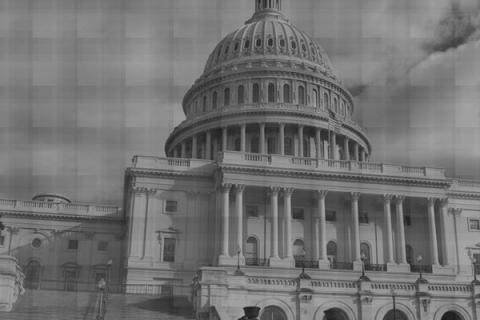The confluence of the Susan G. Komen/Planned Parenthood debacle and the growth in anonymous corporate donations to presidential candidates serves as a reminder that the nation’s spending priorities are seriously skewed from the common good because of politics.
On one hand, plutocratic multi-millionaires are shelling out unprecedented amounts of cash through Super PACs that are outside the control of the politicians they support or the party apparatus. On the other, political concerns appear to have influenced the Komen Foundation – a 501(c)3 charitable organization focused on finding a cure for breast cancer – to first pull its funding from Planned Parenthood and then, under heavy media-driven pressure, restore it. Planned Parenthood is the nation’s largest provider of women’s health services such as breast screenings and reproductive counseling.
Planned Parenthood has been under attack for years by conservative organizations ostensibly because it provides abortion services. But there is also a general discomfort among right-wing groups with the kinds of reproductive services (including contraception) that Planned Parenthood offers. Some conservative politicians have incorrectly identified abortions as the largest part of Planned Parenthood’s services. In reality, abortion services represent just 3 percent of the organization’s activities, though others claim it's a higher percentage.
The Komen Foundation announced last week that it was withdrawing its annual $680,000 stipend that supports Planned Parenthood’s breast-cancer screening program. Before Komen had reversed its decision, the funds had largely been replaced by voluntary contributions, including $250,000 from New York Mayor Michael Bloomberg.
Komen argued that de-funding Planned Parenthood had nothing to do with the agency’s abortion services and was based on a new rule that it may not fund agencies under investigation. Planned Parenthood is undergoing a highly partisan Congressional investigation to determine if any government-provided funds go toward abortion services, which is illegal under the Hyde amendment.
The Planned Parenthood funding is chicken feed in comparison with the kind of campaign contributions being collected and spent by presidential candidates through their doppelganger Super PACs. Tens of millions of dollars have been funneled into these near-anonymous funding structures that have little or no accountability to candidates, parties or truth. Super PACs were the unintended consequence of the Supreme Court’s Citizens United decision that declared money spent by corporations for political purposes is a form of free speech. Under the Constitution, freedom of speech is a protected right of all U.S. citizens that may not be abridged by campaign finance reform laws or regulations of the Federal Election Commission.
In my view, something seems grossly off-kilter about the fact that Planned Parenthood and Komen – two organizations devoted to public health issues – are fighting over less than $700,000 in funding, while politicians spend millions to buy votes. The public benefit of political spending at this level must be questioned when the country has so many other needs: infrastructure, education, and health care among them.
If wealthy individuals and corporations can afford to drop millions of dollars into political campaigns, why shouldn’t they be required through taxation to devote a larger percent of their wealth to the public good? It’s hard to imagine a more wasteful use of money than the ephemeral political campaign. The good done for society through millions spent on campaign contributions simply doesn’t hold a candle to contributions in support of curing a disease, making college educations more affordable or repairing our roads and bridges. Other than the purchase of influence and an improved revenue stream for media outlets, there doesn’t seem to be much societal value to Super PAC spending.
It would be a shame to see more tax legislation enacted to correct these skewed prerogatives, but it’s equally shameful to watch resources that could be available for the public good instead go down a rabbit hole of political campaigns.

